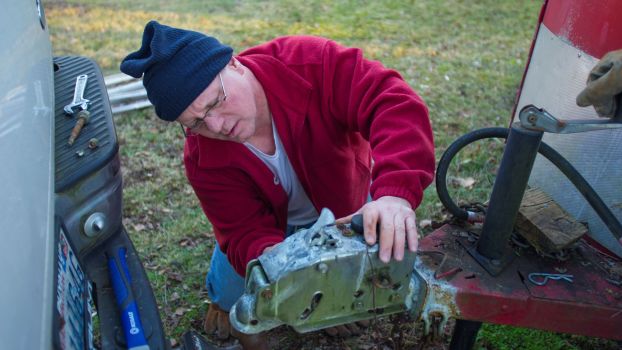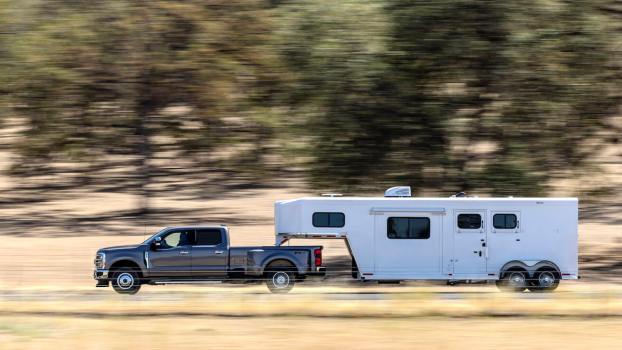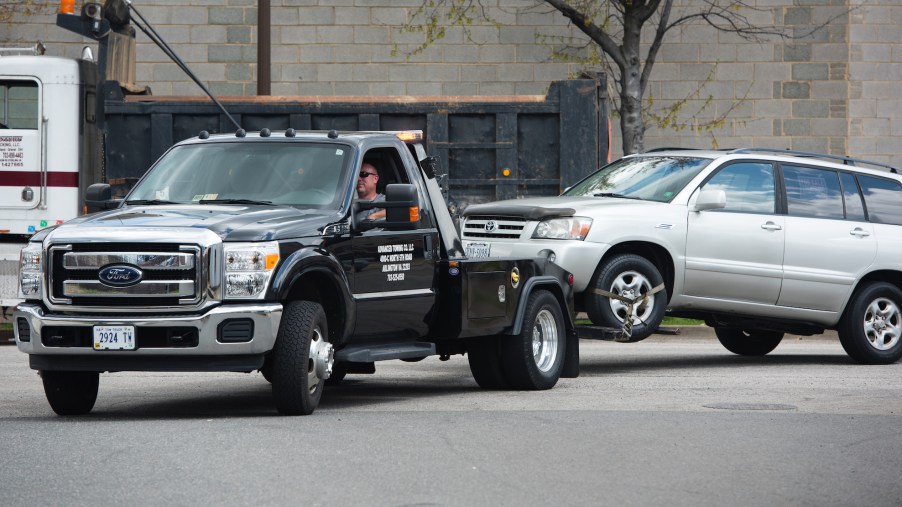
What Happens if You Can’t Afford the Tow Truck Fees?
There are no two ways about it: Owners often have to pay costly fees when their cars get towed. Not only that, but the confusion surrounding the towing and impounding process can add more anxiety to an already stressful situation.
But if you’re prepared with accurate information, you’ll be better able to navigate the process of getting your vehicle back successfully. To give you a leg up, we’ve compiled a list of typical tow truck fees and what you should keep in mind if those costs spiral out of your reach.
Tow truck fees can really hurt your wallet
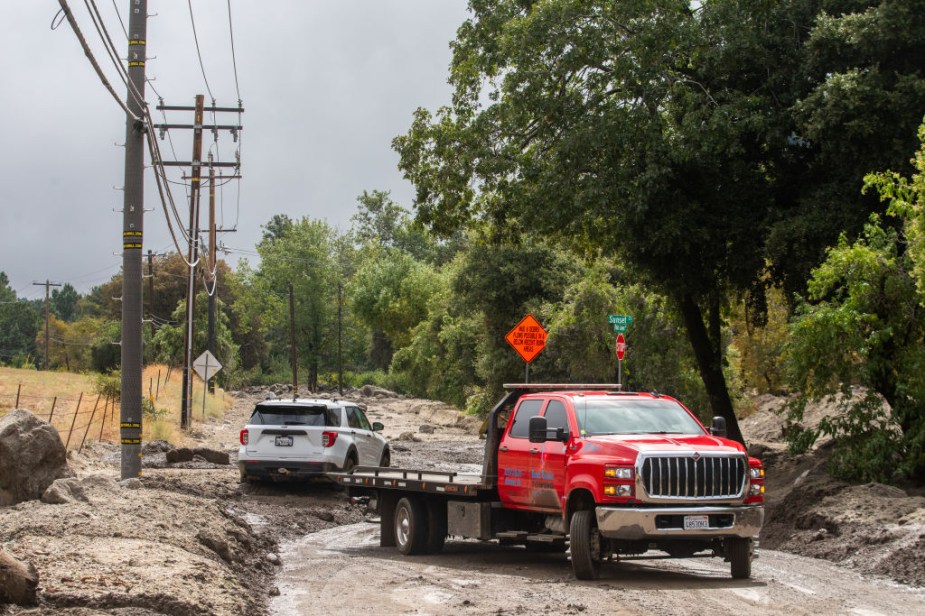
Part of the problem with towing fees is that they can be all over the map. This is particularly true in the many areas that don’t have legal limits on the maximum rate tow truck companies can charge.
Not only must you deal with the hassle of getting your car towed, but you also have to figure out whether the rate you’re being charged is legit.
Nevertheless, assuming you’re dealing with a company that’s on the up-and-up, there are certain broad guidelines you might want to keep in mind when estimating appropriate towing costs.
Currently, the average cost to get a vehicle towed about five miles is between $35 to $125. Going between five to 40 miles increases the cost to between $145 and $275. Going between 40 to 100 miles can cost up to $600.
Sometimes there’s a $75 fee, then it’s about $2 to $4 per mile. It could cost up to $7 per mile. Also, location, vehicle, type, and the situation can vary. If your car is stuck and needs to be winched, it may cost more.
Also, don’t forget to check your coverage. Insurance policies with roadside assistance may cover some of the expenses.
What happens if you can’t afford to get your car out of impound?
If your car gets towed to an impound lot, not only do you have to worry about fees per mile, but you also have to worry about accumulating fees per day on the lot. These can add up quickly, so the sooner you come up with the funds to retrieve your car, the cheaper the experience will be.
Unfortunately, the only way to get your car out of impound is to pay the required fees. If you can’t come up with the funds, you might end up needing to hand over your car title to cover the debt. Anderson Injury Lawyers says that situation is unlikely, but your vehicle could end up getting auctioned if you can’t make the payment.
To avoid these worst-case scenarios, if you’re unable to make the payment, ensure you communicate with the towing company as much as possible and inquire about any alternative payment options. For example, some impound lots offer payment plans or financing. If not, you might want to look into other options, such as personal loans.
How to avoid tow truck scams
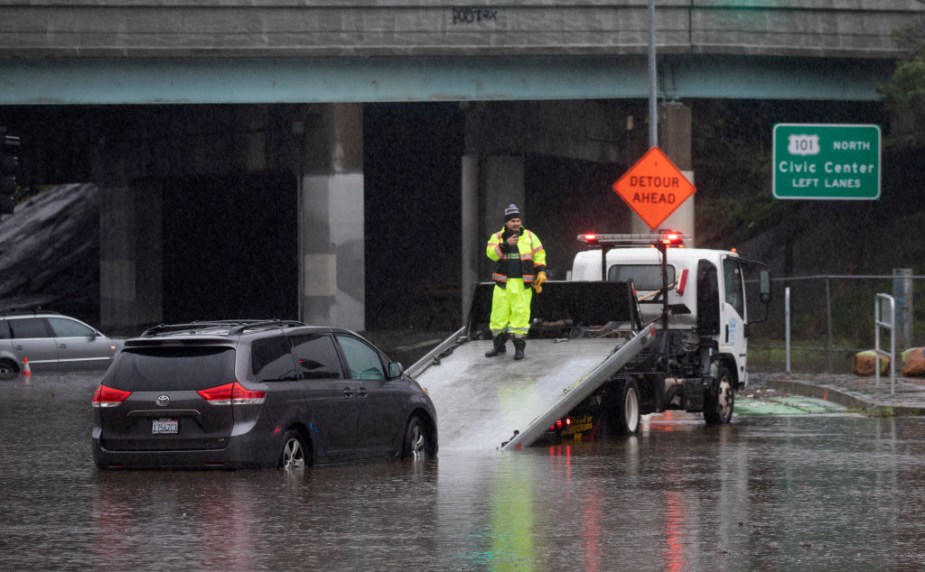
We’re often not at our best when dealing with tow trucks. It’s easy to get rattled after an accident or after discovering your car has mysteriously disappeared from its parking spot.
This is when scammers can swoop in and catch us off-guard. So it’s important to have certain precautions in mind so that you can avoid getting scammed when you’re already down.
First, if you’re in an accident and a tow truck operator shows up unsolicited, beware. It could be someone with plans to overcharge. Be sure to check with the police before accepting unsolicited tows after an accident.
Further, don’t share information about your insurance or lien with a tow truck operator. Though they may claim otherwise, there’s really no reason they need to know such things.
And finally, make sure you get copies of all paperwork and receipts, as well as company identification from the driver. Should anything go wrong with your car’s tow, you’ll want to have all of the documentation on hand.
Dealing with tow trucks is never fun, but with the proper information, you’ll be one step ahead when you find yourself with no alternative to navigating those muddy waters.
